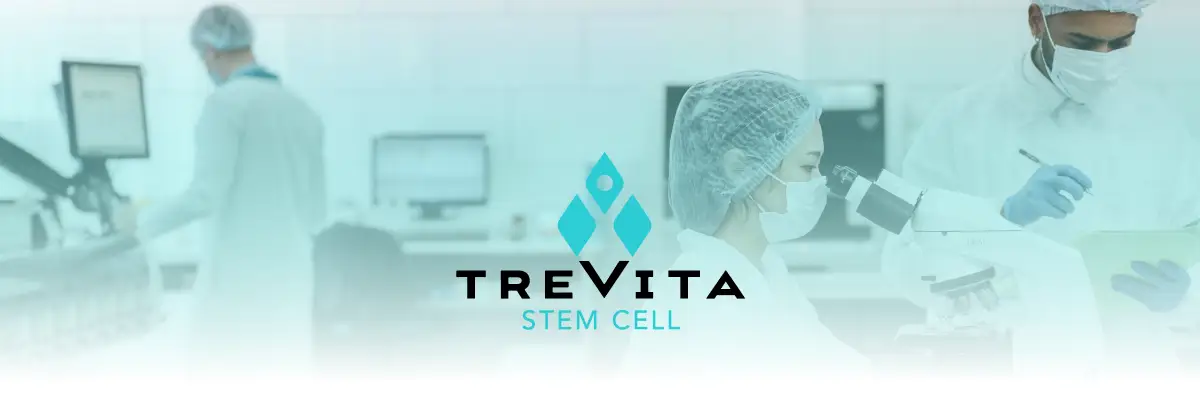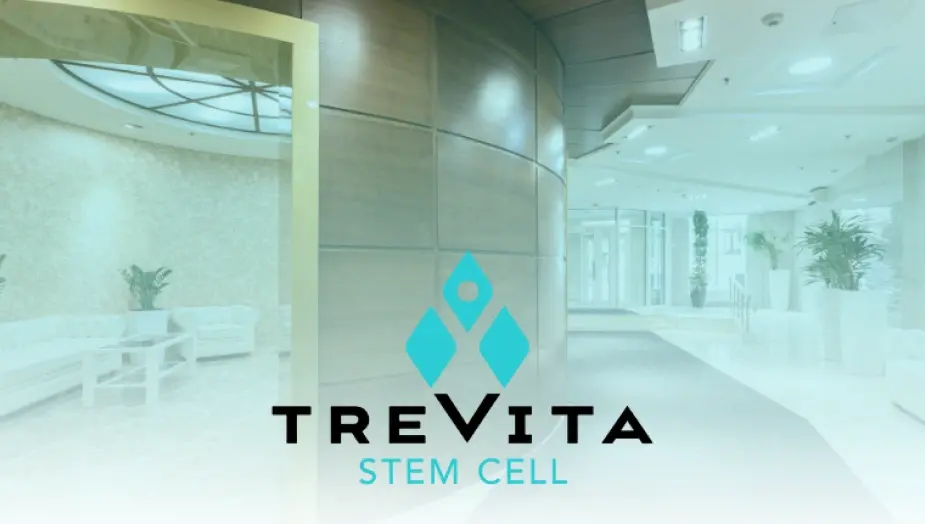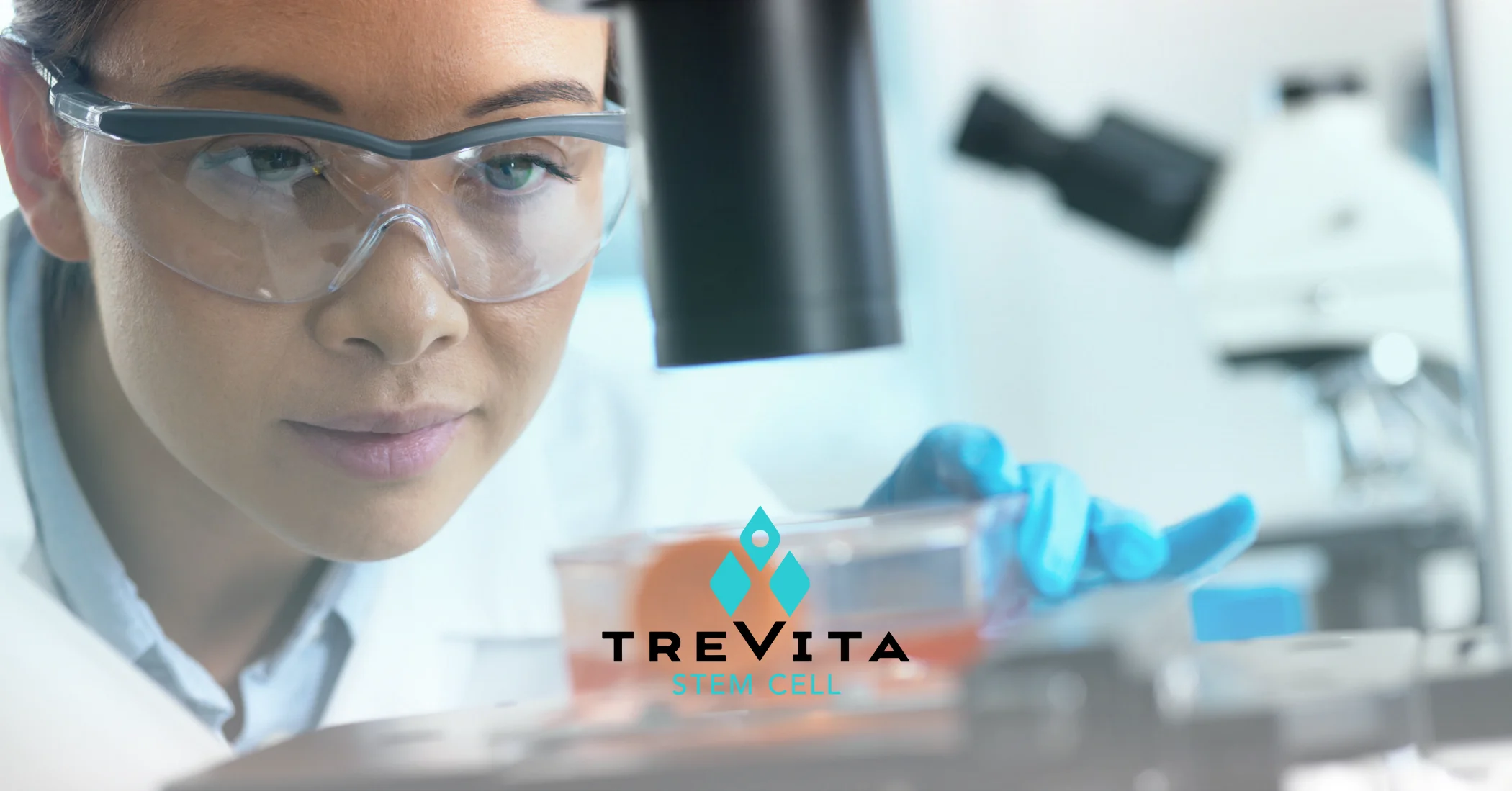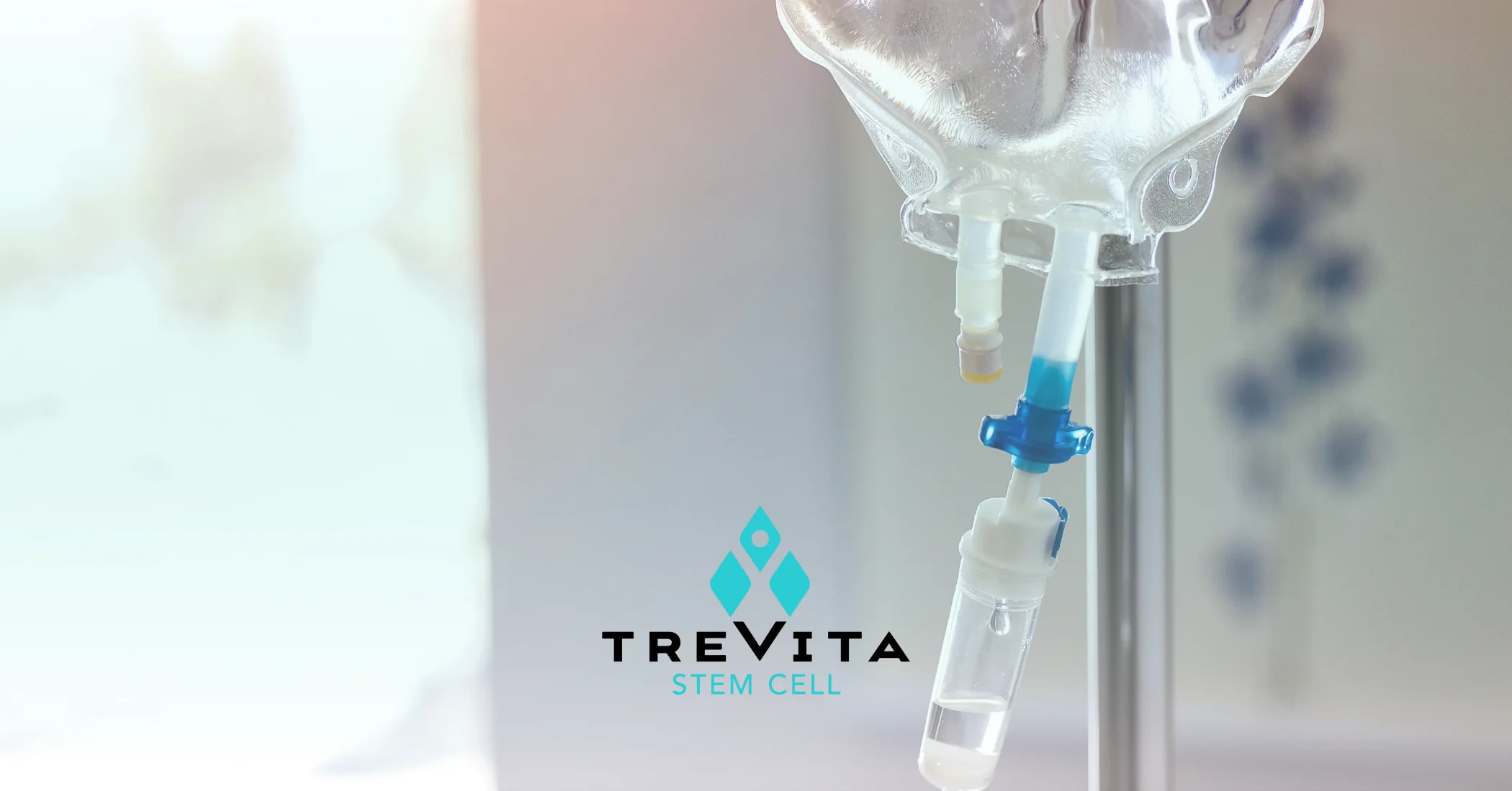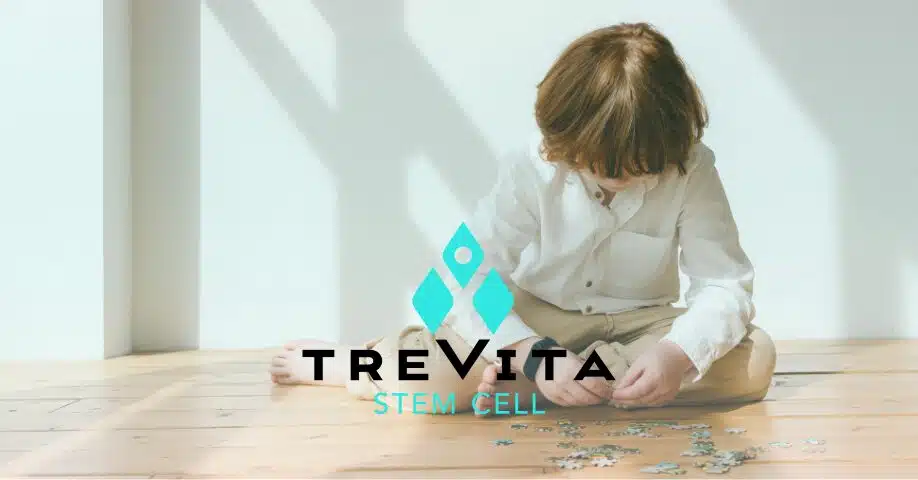Benefits of Stem Cell Therapy for Stem Cells For Rheumatoid Arthritis
- Promotes Joint Regeneration: Stem cells can help regenerate damaged joint tissues and cartilage, potentially restoring function and mobility in affected joints.
- Reduces Chronic Inflammation: Stem cell therapy has anti-inflammatory properties that help minimize persistent inflammation in rheumatoid arthritis, providing pain relief.
- Modulating the Immune System: Stem cells can regulate the immune system, reducing autoimmune attacks that contribute to RA joint damage.
- Improves Joint Function: Stem cell therapy can enhance joint movement and flexibility by repairing damaged tissues and improving overall joint function.
- Reduces Pain and Swelling: Stem cells’ anti-inflammatory effects help decrease pain and swelling, offering significant relief for RA patients.
- Potential for Long-Term Relief: Stem cell therapy may offer long-lasting benefits, reducing the need for ongoing medications or surgeries in managing RA.
The Most Advance Treatments Available
Stem cell therapy has helped many by promoting healing, reducing inflammation, and regenerating tissue. Patients with autoimmune diseases, injuries, and neurodevelopmental disorders report improved mobility, less pain, and better cognitive function. While research continues, it offers hope for innovative treatments.
Citations & Scientific References
View our medical studies and published studies that support the science behind stem cell therapy.
Clinical Studies- Effect of Mesenchymal Stem Cells in Autoimmune Arthritis. Fan Yang , Yang Li – https://www.emjreviews.com/rheumatology/article/effect-of-mesenchymal-stem-cells-in-autoimmune-arthritis/
- Efficacy and Safety of Mesenchymal Stem Cell Transplantation in the Treatment of Autoimmune Diseases (Rheumatoid Arthritis, Systemic Lupus Erythematosus, Inflammatory Bowel Disease, Multiple Sclerosis, and Ankylosing Spondylitis): A Systematic Review and Meta-Analysis of Randomized Controlled Trial. Liuting Zeng, Ganpeng Yu, Kailin Yang, Wang Xiang, Jun Li, Hua Chen – https://onlinelibrary.wiley.com/doi/10.1155/2022/9463314
Other Autoimmune Diseases Therapies
Hear What Our Clients have to say!
Averaging 5 Stars across multiple platforms — TOP RATED
The Process
Day 1: US ➜ Mexico
- Receive the procedure at the clinic.
- Go back to the hotel and rest (you can stay in a Tijuana hotel or hotel in San Diego).
Day 2: Travel back home
- Check out of your hotel.
- Meet your driver outside the hotel for a smooth ride to San Diego International Airport.
- Arrive at the airport in time to catch your flight back home.
Stem Cells For Rheumatoid Arthritis FAQ's
You have questions, we have answers.
Rheumatoid arthritis is primarily triggered by an autoimmune response where the immune system mistakenly attacks the synovial lining of the joints. Genetic factors, environmental influences, and infections can contribute to the onset and progression of the condition.
Rheumatoid arthritis most commonly affects women, especially those between the ages of 30 and 60. Genetic predisposition, smoking, obesity, and certain infections also increase the risk of developing the condition.
Symptoms of rheumatoid arthritis include joint pain, swelling, stiffness (especially in the morning or after inactivity), fatigue, and tenderness in multiple joints. In severe cases, it can also cause systemic symptoms such as fever and weight loss.
Rheumatoid arthritis is treated with a combination of medications like DMARDs, biologics, and anti-inflammatory drugs to control symptoms and slow disease progression. Lifestyle changes, physical therapy, and, in severe cases, surgery may also be recommended to manage the condition effectively.






